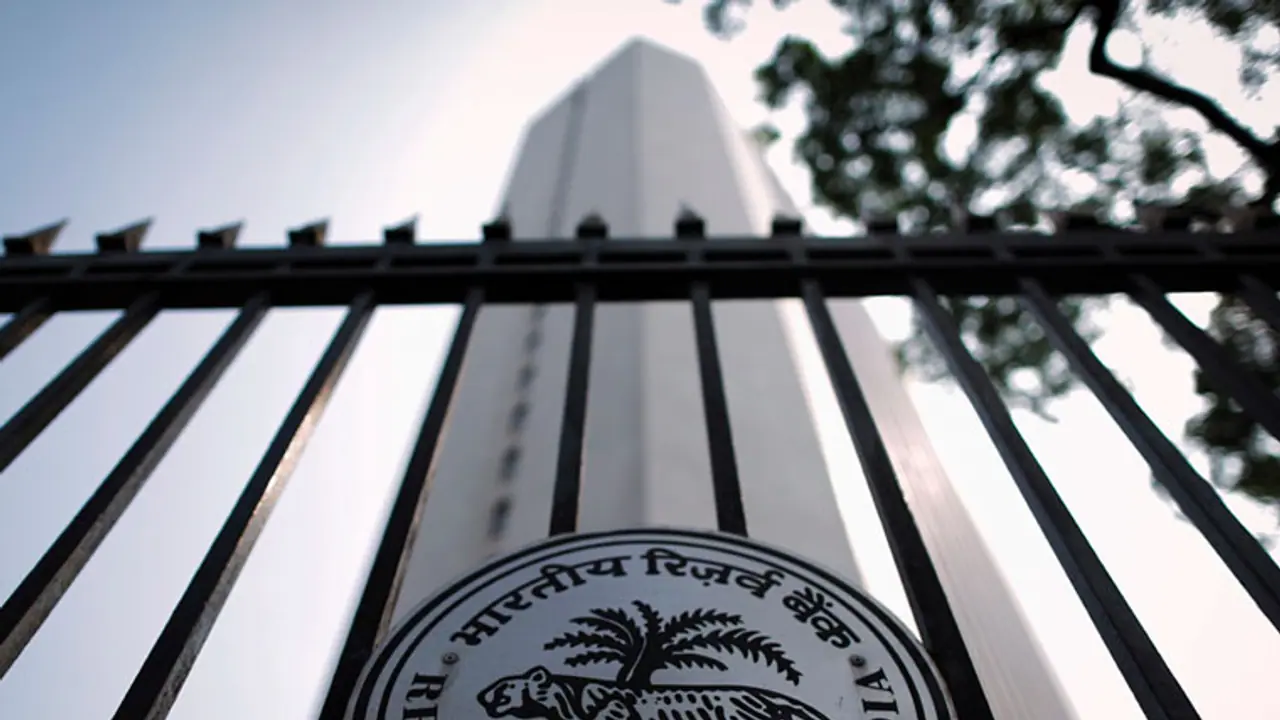“The enactment aims at ensuring better monitoring and unfettered supervisory access to data,” says RBI.
New Delhi: The new ruling from RBI has taken effect in India directing all digital payment providers to store all transaction data on a specified database within the nation.
Directions from the RBI on April 6 regulated all payment companies, both global and local makeup storage provisions within India, to keep a mandatory inventory on all the digital transactions hosted by the companies within October. The draconian deadline of 6 months has led to widespread panic in the sector about the existence of established international networks as the deadline ended on Monday.
“The enactment aims at ensuring better monitoring and unfettered supervisory access to data,” says RBI. Visa, MasterCard, and American Express, as well as other giants in the sector like Amazon and PayPal, have already requested for extension of time to comply with the order of the Reserve Bank of India.
Earlier the companies pointed out that it’s really difficult to redesign the entire system and instead they are ready to provide copies of the transactions made within India within no time along with easy access for tax authorities and law enforcement. But the RBI hasn’t changed from their initial decision.
Some global financial technology companies have sought an extension to the deadline although 80% of the financial players like Amazon have complied with the directive. International payment vendors like American Express, Visa and MasterCard are likely to face violation of the law as the deadline ended on Monday.
India, after the demonetisation, has made a great step to build up a cashless economy with the aid of digital payment services. And the very same thing has made the digital payment industry in India more popular and people have widely begun to use these services. So the enactment of the RBI could throw all this into disarray, since it's such a hectic task to store these millions and millions of digital transactions made in every corner of the nation. The digital payment providers in India have already pronounced the difficulties in making this possible within the short span of 6 months.
The companies are still in distress about the RBI’s response against non-compliance of the order.
